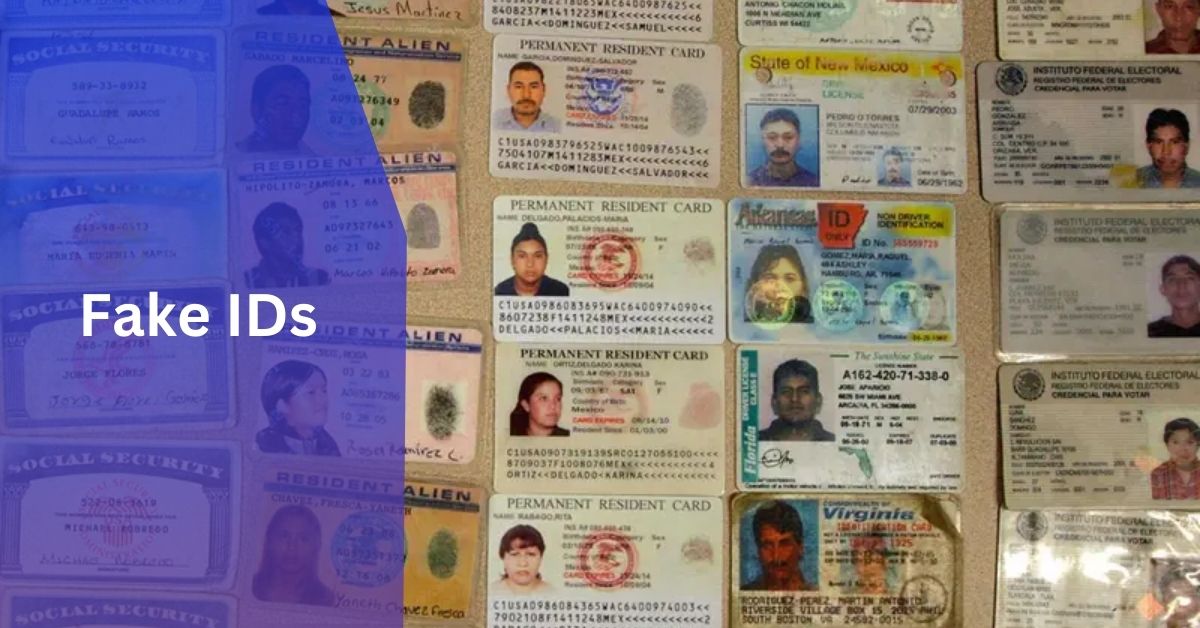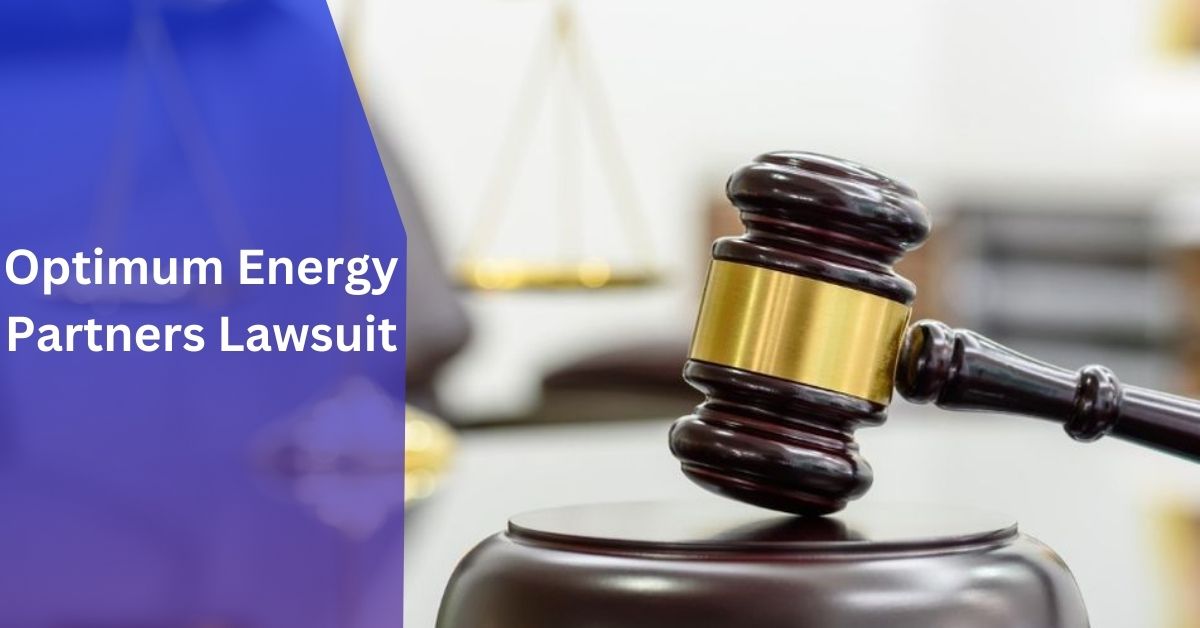Fake IDs have long been a controversial topic in the United States, drawing interest for a variety of reasons—from the curiosity of how they’re made to the legal consequences of using them. In this comprehensive guide, we’ll explore the world of fake IDs, discussing their implications, legal ramifications, and ethical concerns. We’ll also offer advice on how to avoid falling into legal trouble while providing alternatives for those seeking to navigate age restrictions legally.
What Are Fake IDs?
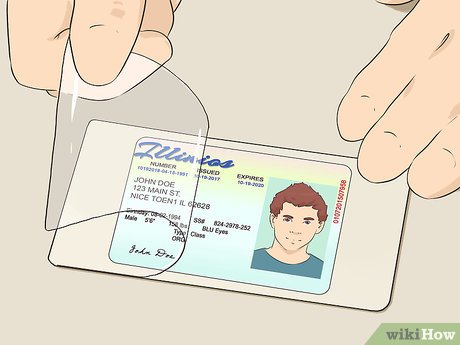
Fake IDs are unauthorized documents that mimic official identification cards, such as driver’s licenses or state ID cards. They are often used to deceive authorities or institutions into believing that the holder is someone they are not, typically to gain access to age-restricted services or venues.
Types of Fake IDs:
- Replicas: These are copies of real IDs, designed to look like a legitimate identification card but are not used for fraudulent purposes.
- Counterfeits: These are forged IDs that are intended to deceive and are often used for illegal activities.
- Altered IDs: Existing legitimate IDs that have been altered to change the holder’s details, such as their age or name
Why Do People Use Fake IDs?
- Underage Drinking: Many young individuals use fake IDs to bypass age restrictions and purchase alcohol or gain entry to bars and clubs where they would otherwise be denied.
- Access to Restricted Venues: Fake IDs can be used to gain entry to age-restricted events, venues, or facilities that have age requirements, such as certain concerts or sporting events.
- Identity Fraud: Some individuals use fake IDs for fraudulent activities, such as financial scams, identity theft, or to evade legal and financial obligations.
- Pranks and Novelty: Fake IDs are sometimes used for entertainment purposes, such as pranks, themed parties, or costume events, where they are not intended for illegal activities.
- Employment and Benefits: In some cases, people use fake IDs to obtain jobs or access benefits for which they do not qualify, attempting to circumvent employment or eligibility requirements.
- Personal Privacy: Occasionally, individuals use fake IDs to protect their privacy or maintain anonymity in situations where their real identity is not necessary or desired.
Also Read: Mt5 Trailing Max Drawdown – Secure Your Trades!
The Impact of Fake IDs on Society:
The use of fake IDs extends beyond individual legal issues; it has broader implications for society.
Undermining Trust
Fake IDs can undermine trust in various systems, from age verification processes at bars and clubs to security protocols at government institutions. They contribute to a sense of insecurity and potential fraud within these systems.
Safety Concerns
Fake IDs are often used to gain access to age-restricted activities, such as purchasing alcohol or attending certain events. This misuse can lead to safety concerns, including underage drinking and its associated risks.
Ethical and Moral Issues
Using a fake ID raises ethical and moral questions about honesty and integrity. It reflects a willingness to deceive and can lead to broader issues related to personal values and responsibility.
Risks and Consequences of Using Fake IDs:
Using fake IDs carries significant risks and legal consequences. Here’s a closer look:
Legal Consequences
- Criminal Charges: Possessing or using a fake ID can result in criminal charges, including fines and imprisonment.
- Felony Records: In some jurisdictions, using a fake ID is considered a felony, which can lead to a permanent criminal record.
- Legal Penalties: These can include probation, community service, or a permanent ban from certain establishments.
Personal Risks
- Exposure to Fraud: Using a fake ID may expose individuals to additional fraud risks if personal information is compromised.
- Identity Theft: Individuals involved in creating or using fake IDs may become targets for identity theft.
Social and Professional Consequences
- Damaged Reputation: Being caught with a fake ID can lead to embarrassment and loss of trust among peers and employers.
- Employment Impact: A criminal record related to fake IDs can significantly impact future job prospects.
How can fake IDs be detected?
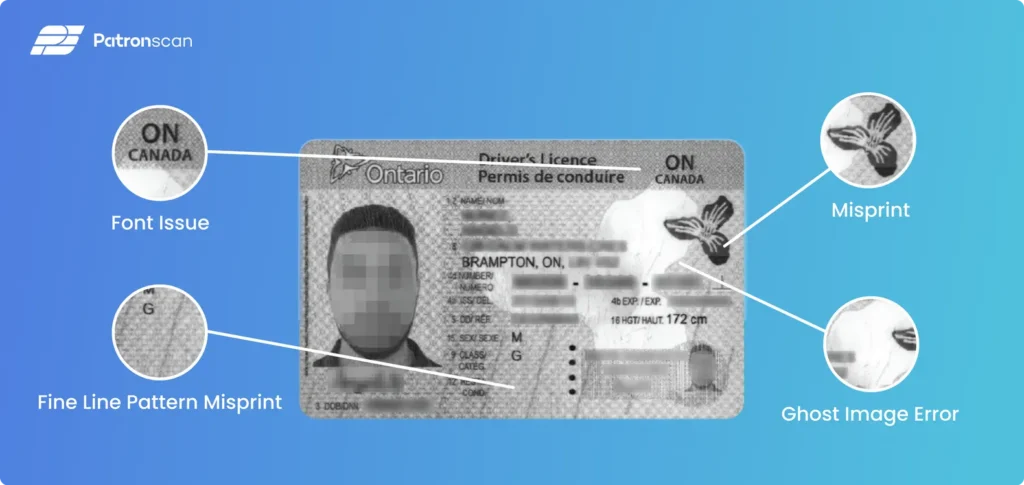
Fake IDs can be detected using several methods to ensure they are genuine. One common technique is checking for security features like holograms, microprinting, and special inks that are difficult to replicate. ID scanners and apps can read these features and verify the information against official databases.
Additionally, trained staff can look for signs of tampering or inconsistencies, such as mismatched fonts or unusual textures. Using these methods helps identify counterfeit IDs and prevent misuse.
Also Read: King Javien Conde – The Journey of a Rising Star!
Alternatives to Using Fake IDs:
Rather than resorting to illegal means, consider these legal alternatives to navigate age restrictions and other limitations:
Valid Identification
Always use a legitimate form of ID. For those underage or without a driver’s license, consider obtaining an official state ID or learner’s permit.
Legal Access Options
- Age Verification Services: Some services and venues offer alternative ways to verify age without relying solely on physical ID cards.
- Special Events: Look for age-appropriate events or activities that don’t have restrictive age requirements.
Education and Advocacy
Educate yourself and others about the legal and ethical implications of using fake IDs. Advocate for more accessible and inclusive options for younger individuals and those with limited access to official identification.
How Fake IDs Are Created?
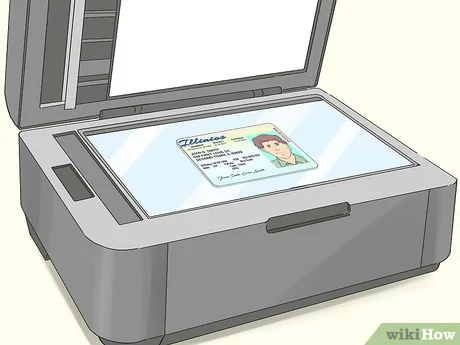
Understanding how fake IDs are made can provide insights into their dangers and how to avoid them.
Methods of Creation
- Digital Editing: With advanced software, counterfeiters can create realistic-looking fake IDs by altering digital images of real IDs.
- Plastic Cards: Using materials and machines that mimic official ID card production processes, counterfeiters can produce physical cards that look like real IDs.
- Purchasing Online: Some individuals may purchase fake IDs from online vendors who specialize in selling counterfeit documents.
Detection Techniques
Authorities and institutions use various methods to detect fake IDs, including:
- Physical Inspection: Examining the ID for signs of tampering or inconsistencies in design.
- Technology: Using scanners and software to verify the authenticity of IDs.
- Database Checks: Cross-referencing information with official databases to confirm the ID’s legitimacy.
The Role of Technology in Combating Fake IDs:
Technology plays a crucial role in fighting the use of fake IDs by implementing advanced tools and systems that make it harder for counterfeit documents to go unnoticed. Modern ID verification systems use features like holograms, microprinting, and embedded chips to ensure authenticity. Scanners and software are now able to detect these features and cross-check IDs against official databases in real-time.
FAQ’s:
1. What are the legal consequences of using a fake ID?
Legal consequences include criminal charges, fines, imprisonment, and a permanent criminal record. Penalties vary by jurisdiction.
2. Can using a fake ID lead to identity theft?
Yes, using a fake ID can expose individuals to identity theft risks, especially if personal information is compromised.
3. What are novelty fake IDs used for?
Novelty fake IDs are often used for entertainment purposes, such as themed parties or costumes, and are not intended for fraudulent activities.
4. What should I do if I accidentally receive a fake ID?
Report the incident to the relevant authorities or the organization that issued the ID. It’s important to ensure that no fraudulent activities are associated with the ID.
5. Are there legal alternatives to using a fake ID for accessing restricted areas?
Yes, legal alternatives include obtaining a legitimate state-issued ID or using other forms of proof of age, such as birth certificates.
6. How are fake IDs typically produced?
Fake IDs are often produced using digital technology, forgery techniques, or through online services that offer counterfeit documents.
7. Is it legal to buy a fake ID online?
No, buying or selling fake IDs online is illegal and can result in criminal charges.
Conclusion:
Fake IDs present significant legal, social, and personal risks. Understanding the implications and consequences of using or creating fake IDs is essential for avoiding legal trouble and maintaining personal integrity. By exploring legal alternatives and adhering to regulations, individuals can navigate age restrictions and identification requirements without resorting to deceptive practices.
Read More:





